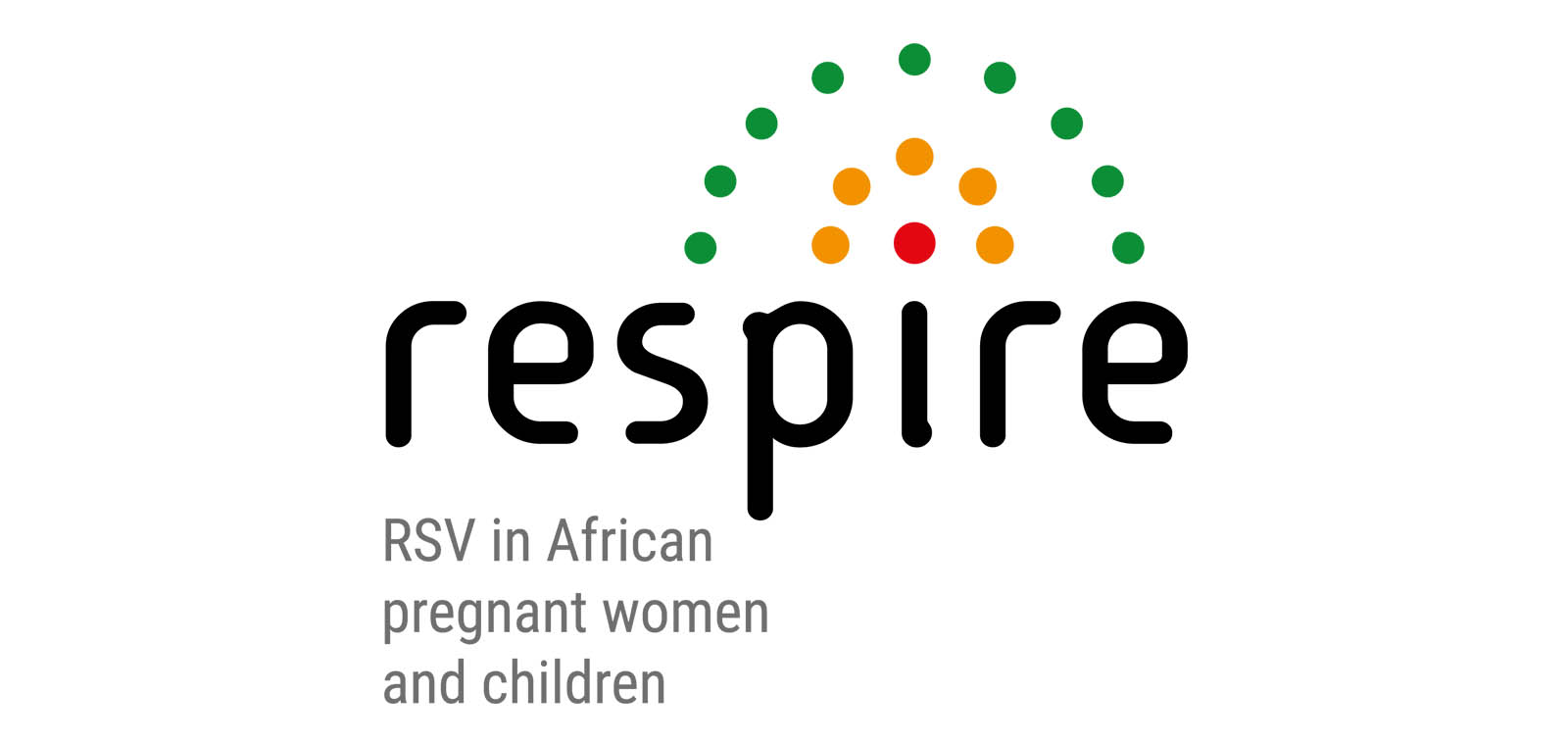RESPIRE
Respiratory syncytial virus (RSV) in African pregnant women and children

- Duration
- 2019-2022
- Coordinator
- Azucena Bardají (ISGlobal)
- Funded by
- Fundació La Marató de TV3
Respiratory syncytial virus (RSV) is a leading cause of under-five morbidity and mortality, causing an estimated 33.1 million episodes of RSV-acute lower respiratory infections and 48.000-74.500 under-five deaths in 2015. Half of these children´s deaths occur during the first six months of life, and most of them in low and middle-income countries. An RSV maternal immunization strategy is being considered for the prevention of severe RSV disease in infants less than 6 months of age. The World Health Organization (WHO) recognises the need for high-quality, safe, effective, affordable and accessible RSV vaccines that prevent severe disease and death in infants, appropriate for use in low and middle-income countries. To achieve this goal WHO consensus priorities stress the need to generate improved global estimates of disease burden through well-conducted epidemiological studies.
The RESPIRE project aims to determine the incidence of acute respiratory infections associated to RSV, and associated mortality and risk factors (including co-morbidities such as HIV and malaria), among pregnant women and children in a rural area of sub-Saharan Africa. This is a health facility-based prospective observational study carried out in pregnant women attending antenatal care and outpatient/inpatient services, and in children hospitalized with WHO-defined clinical criteria for pneumonia. To achieve study objectives, a total of 582 children and 592 pregnant women, respectively, will be recruited during a period of 24 months. Clinical and demographic data will be collected through standardized questionnaires. A nasopharyngeal aspirate will be collected from all study children at enrolment, and a nasopharyngeal swab from all study pregnant women. Respiratory samples will be analysed for RSV detection by molecular methods (TaqMan Array Card technology).
Throughout the next decade, low and middle-income countries will be introducing new lifesaving vaccines into their routine immunization programmes. To ensure meaningful vaccine impact where it is most needed and in the shortest timeframe possible, generating good data and scientific evidence on the epidemiology of vaccine-preventable diseases through maternal immunization is critical. The results of this study will have the potential to guide national recommendations by Ministries of Health, to prepare future steps and planning in the implementation of maternal immunization policies at the national and regional level.
Published Review
Mazur NI, Terstappen J, Baral R, Bardají A, Beutels P, Buchholz UJ, et al. Respiratory syncytial virus prevention within reach: the vaccine and monoclonal antibody landscape. Lancet Infect Dis. 2022 Aug 8:S1473-3099(22)00291-2. doi: 10.1016/S1473-3099(22)00291-2. Epub ahead of print. PMID: 35952703.
Our Team
Principal Investigator (PI)
-
 Azucena Bardají Associate Research Professor
Azucena Bardají Associate Research Professor
ISGlobal Team
-
Clara Menéndez Santos
-
Raquel González Alvarez
Other projects
See Past ProjectsVITAL
Towards preparedness for new maternal vaccinations: Understanding barriers and facilitators to maternal vaccine acceptance
CaDMIA-plus
Continued validation of the minimally invasive autopsy for the investigation of the causes of death in infants, and establishment of a research and training center to study causes of death
MAMAH
Improving Maternal and Infant Health by reducing malaria risks in African women: evaluation of the safety and efficacy of dihydroartemisinin-piperaquine for intermittent preventive treatment of malaria in HIV-infected pregnant women
MIBio
Identification of Prematurity and Pre-Eclampsia as Causes of Mortality
MA-CoV
Prevalence and impact of SARS-CoV-2 infection on maternal and infant health in African populations
IPERVAC-SL
Impact of perceptions of COVID-19 vaccines on health-seeking behaviours in Sierra Leone
SARA (SARS-CoV-2 and Acetylsalicylic acid)
Efficacy of low dose acetylsalicylic acid in preventing adverse maternal and perinatal outcomes in SARS-CoV-2 infected pregnant women
HIV drug resistance (HIVDR)
Description of HIV drug resistance patterns and its association with the risk of HIV mother to child transmission among pregnant women from southern Mozambique
Evaluación de la eficacia del ácido acetilsalicílico a dosis bajas en la prevención de los efectos maternos y perinatales adversos en mujeres embarazadas infectadas por el SARS-CoV-2
PROTECT
PReparing for Optimal Phase III/IV maTErnal Group B StreptococCal vaccine Trials in Africa
ICARIA
Improving Care through Azithromycin Research for Infants in Africa
MULTIPLY
MULTIple doses of IPTi Proposal: a Lifesaving high Yield intervention




